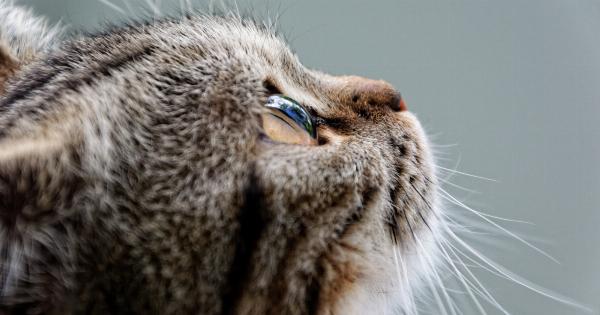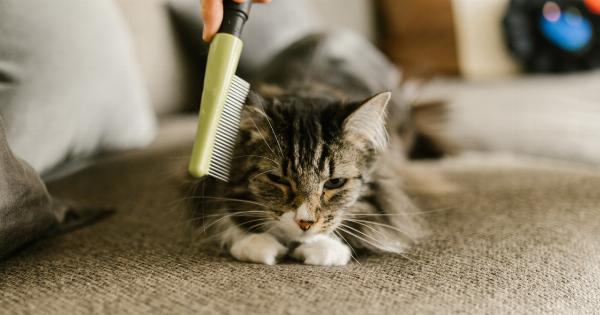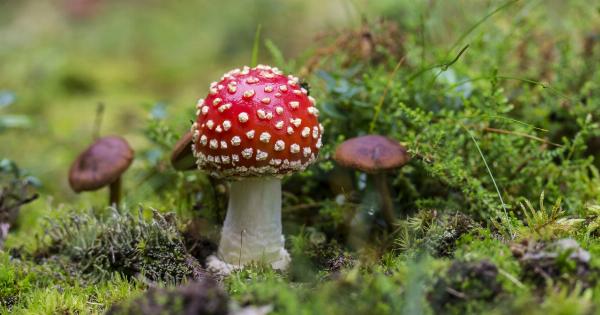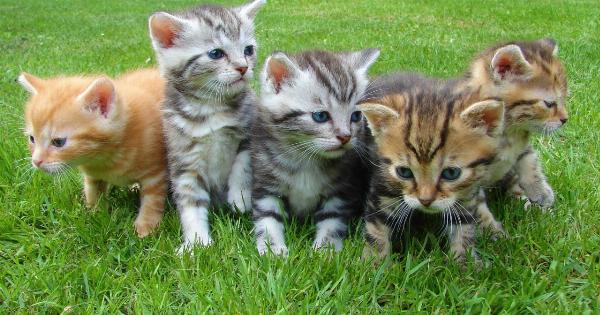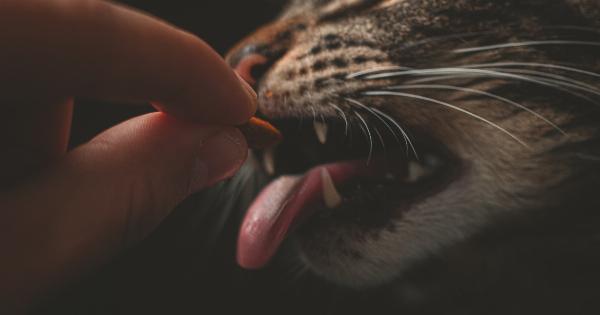Proper nutrition is vital for the health and well-being of your feline companion. Feeding your cat a balanced and appropriate diet can help prevent diseases and ensure a long and happy life.
However, with so many options available, choosing the best diet for your feline friend can be overwhelming. In this article, we will explore different factors to consider when selecting cat food and provide insights into the optimal diet for your furry friend.
Understanding Your Cat’s Nutritional Needs
Before diving into specific diets, it is crucial to understand the unique nutritional needs of cats. Cats are obligate carnivores, which means they require a diet primarily composed of animal-based protein to thrive.
Unlike dogs or humans, cats have specific dietary requirements that must be met to maintain optimal health.
Here are some key nutrients that should be included in your cat’s diet:.
Protein
Protein is the most important macronutrient for cats. It provides essential amino acids needed for growth, muscle development, and overall well-being.
The primary source of protein in a cat’s diet should be animal-based, such as chicken, turkey, or fish. Ensure that the protein source is of high quality and easily digestible.
Essential Fatty Acids
Essential fatty acids, particularly omega-3 and omega-6, play a vital role in maintaining a cat’s skin and coat health, as well as supporting their immune system. These fatty acids can be found in fish oil, flaxseed, and certain types of poultry.
Water
Proper hydration is crucial for cats. Since cats have a relatively low thirst drive, it is important to provide them with moist food to ensure a sufficient water intake.
Wet canned food is especially beneficial in preventing dehydration and maintaining urinary tract health.
Vitamins and Minerals
Cats require specific vitamins and minerals, such as vitamin A, vitamin D, calcium, and phosphorus, for optimal health. These essential nutrients support various bodily functions, including vision, bone development, and immune system regulation.
A balanced diet should provide these nutrients in adequate amounts.
Different Types of Cat Diets
When it comes to cat food, there are several options available, each with its own advantages and considerations. Let’s explore three main types of cat diets:.
1. Dry Cat Food (Kibble)
Dry cat food, also known as kibble, is the most common type of cat diet. It is convenient, easy to store, and generally more affordable than other options.
However, dry cat food often contains a higher carbohydrate content and lower moisture content than other diets, which may not be ideal for the cat’s health.
If you opt for dry food, choose high-quality brands that use animal-based protein as the primary ingredient. Additionally, ensure that your cat has access to fresh water at all times to compensate for the dry food’s lower moisture content.
2. Wet Cat Food
Wet cat food, available in cans or pouches, contains a higher moisture content than dry food. It closely resembles a cat’s natural diet, as it provides more hydration and has a higher protein content.
The texture and aroma of wet food are usually more appealing to cats, making it a great option for picky eaters or cats with dental issues.
When choosing wet cat food, read the labels carefully to ensure it contains high-quality protein sources and minimal fillers or artificial additives.
However, keep in mind that wet food can spoil quickly once opened, so it’s important to store and use it properly.
3. Raw or Homemade Diets
Raw or homemade diets involve feeding your cat uncooked or minimally processed ingredients, resembling their natural prey diet. This type of diet can be beneficial for cats with specific dietary sensitivities or allergies.
However, it requires careful planning to ensure the diet is nutritionally balanced.
If you choose to feed your cat a raw or homemade diet, consult with a veterinarian or a feline nutrition specialist to ensure you are providing all the necessary nutrients.
Improperly balanced homemade diets can lead to nutritional deficiencies or imbalances, which can be detrimental to your cat’s health.
Additional Considerations
In addition to selecting the right type of cat food, there are a few additional factors to consider when feeding your feline friend:.
Age
Cats have different nutritional needs at different life stages. Kittens require more protein, calories, and certain vitamins and minerals to support their rapid growth.
Adult cats have different energy requirements, while senior cats may benefit from specific diets tailored to their aging bodies. Choose cat food appropriate for your cat’s age.
Weight Management
Just like humans, cats can struggle with maintaining a healthy weight. Obesity in cats can lead to various health problems, so it’s important to monitor their weight and provide appropriate portion sizes.
If your cat needs to shed a few pounds, consider specialized weight management diets.
Medical Conditions
Certain medical conditions, such as urinary tract issues, diabetes, or food allergies, may require dietary adjustments.
If your cat has a specific health concern, consult with your veterinarian to determine the most suitable diet to manage their condition.
Transitioning Your Cat to a New Diet
Cats can be quite picky eaters and may resist sudden dietary changes. When introducing a new diet, it is best to do so gradually to avoid digestive upset.
Start by mixing a small portion of the new food with their current diet and gradually increase the proportion over several days or weeks.
Observe your cat’s behavior and overall well-being during the transition period. If you notice any adverse reactions or persistent digestive issues, consult with your veterinarian for guidance.
The Importance of Regular Vet Check-ups
While selecting a proper diet for your cat is vital, it’s equally important to ensure they receive regular veterinary care.
Schedule annual check-ups with your veterinarian to monitor your cat’s overall health, discuss nutrition, and make any necessary adjustments based on their specific needs.
Additionally, keep in mind that individual cats may have unique dietary requirements, and what works for one cat may not work for another.
Your cat’s breed, size, activity level, and overall health should also be taken into consideration when determining the best diet.
Remember, providing your feline friend with a nutritious and well-balanced diet is an investment in their long-term health and happiness.
By understanding their nutritional needs and making informed choices, you can offer your cat the best diet possible.











